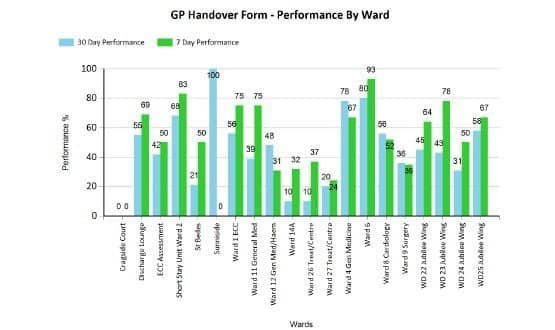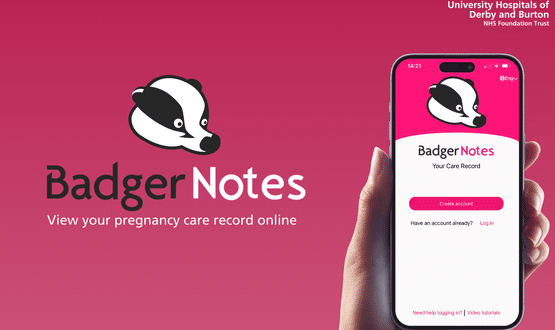Publishing BI data improves hospital performance
- 16 February 2016

Publishing regular comparative performance data has driven significant clinical operational and financial improvements at a Gateshead trust, its chief clinical information officer has said.
Gateshead Health NHS Foundation Trust has used a business intelligence tool from System C to create a suite of reports and dashboards, including the quality and speed of discharges sent to GPs and results acknowledgement.
These are available to other System C users via a newly launched tool called Medway BI Data Visualisation, which is based on software from Yellowfin.
Consultant chest physician Rob Allcock said it had taken some time to develop the easily digestible graphs and reports which the trust now uses on a regular basis.
While producing large spreadsheets from BI tools is easy, these do not tend to have an impact on clinical staff, he explained. But simple graphs, posted in areas where both staff and patients can see them, produce real change in behaviours.
“It’s a combination of how to get data out of huge complex databases and how to frame that in a way that speaks to clinical people,” he said.
“It’s not about ‘name a shame’, but everybody wants to do a great job and it’s difficult to keep your eye on all the plates in the air so it helps people see when they need to look at something, without getting in the way of everyone working hard.”
Allcock said a great example of how simply presenting information to clinicians has helped improve performance is in the quality of handover to GPs.
Gateshead had been stuck for many years at 40-45% of patients having discharge information, with clinical input, sent to their GP within 24 hours. This was despite education campaigns and the right technology being available to facilitate a high quality electronic discharge.
A simple graph is now regularly produced and displayed around the hospital showing all the wards and what percentage of patients had a discharge summary sent within 12 hours over the last 30 days.
Allcock said natural competitiveness has pushed the percentage up to 68% of discharges sent within 12 hours and even higher for within 24 hours. The trust is now looking to change the target to within six hours.
Gateshead also uses the system to prompt consultants to acknowledge results. A regular report is sent showing the number of unacknowledged results against each consultant and Allcock said the visibility alone has had a significant impact.
He said the development with Yellowfin takes the tool to the next level, providing much greater flexibility in producing visually compelling reports with better infographics.
Increased functionality means reports can be produced and sent out automatically on a regular basis, or only published when results fall below a certain standard, he added.




